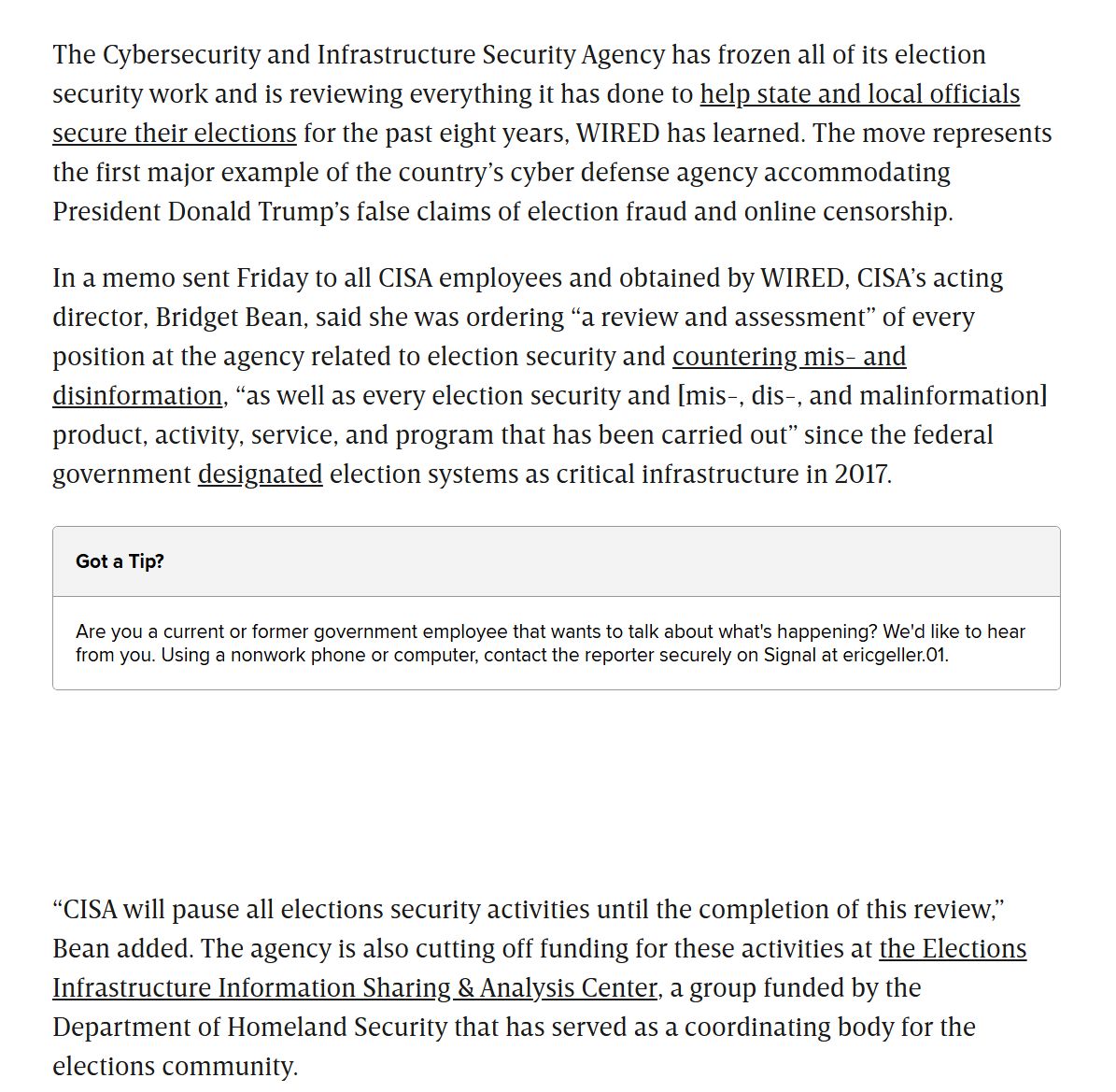Scoop: Bipartisan activist coalition (incl. @FreedomWorks @DefendOurVotes @RSI @Public_Citizen @CommonCause @LWV) asks Congress to hold hearings with voting technology vendors — using subpoenas if necessary, given vendors' reticence. subscriber.politicopro.com/article/2019/0… 

ES&S and Dominion both ducked last year's SRC hearing that sought "vendor perspectives." Of the big three, only Hart showed up.
The letter cites numerous instances of product vulnerabilities and questionable corporate conduct that Congress could press the vendors to explain.
The letter cites numerous instances of product vulnerabilities and questionable corporate conduct that Congress could press the vendors to explain.
Among the stories cited in this letter to illustrate the need to hold vendors accountable:
◽ apnews.com/e5e070c31f3c49…
◽ nytimes.com/2018/02/21/mag…
◽ mcclatchydc.com/latest-news/ar…
◽ apnews.com/cbc30e6a059a41…
◽ apnews.com/e5e070c31f3c49…
◽ nytimes.com/2018/02/21/mag…
◽ mcclatchydc.com/latest-news/ar…
◽ apnews.com/cbc30e6a059a41…
• • •
Missing some Tweet in this thread? You can try to
force a refresh















